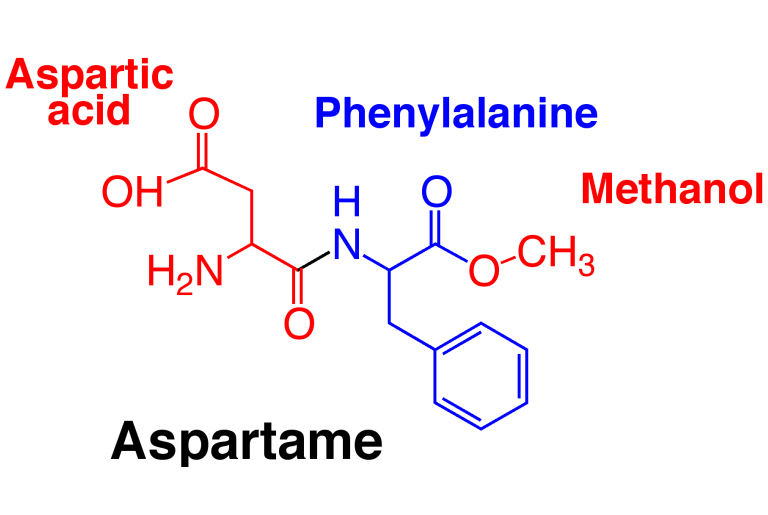Is aspartame really bad for you?

If we believe in everything we read on the Internet and therefore create their own opinion, then it turns out that the aspartame found in the grocery store is responsible for various illnesses. Medical companies and food manufacturers hide this information from all over the world, but it is known to be harmful and to cause all possible diseases, aspartame is a poison. The only hope is a handful of bloggers and activists who are not afraid to tell the truth about the aspartame and warn us of its consequences.
Of course, there is also science that constantly explores and re-examines things around us, and through studies proves and denies things, and the same thing is with aspartame.
What science has to say about aspartame?
A scientific paper published in 2008. that has made a review of a large number of aspartame studies concludes that even 4g / kg has no harmful effects. Here are some parts from the original work.
Critical review of all carcinogenicity studies conducted on aspartame found no credible evidence that aspartame is carcinogenic. The data from the extensive investigations into the possibility of neurotoxic effects of aspartame, in general, do not support the hypothesis that aspartame in the human diet will affect nervous system function, learning or behavior.
Epidemiological studies on aspartame include several case-control studies and one well-conducted prospective epidemiological study with a large cohort, in which the consumption of aspartame was measured. The studies provide no evidence to support an association between aspartame and cancer in any tissue.
A scientific study that dates back to 1985. tells the same thing, aspartame is not harmful to human health.
Available evidence suggests that consumption of aspartame by normal humans is safe and is not associated with serious adverse health effects. Individuals who need to control their phenylalanine intake should handle aspartame like any other source of phenylalanine.
A study conducted in France showed no association between aspartame and brain cancer, and the study conducted in Italy also shows that there is no association between aspartame and gastric or pancreatic cancer.
Why then so much noise around aspartame?
Noise has probably come from a couple of studies on rodents that have shown that exposure to aspartame may be associated with cancer in rats and mice.
However, the same studies have shown that doses of aspartame that should cause cancer in humans are considerably larger than what they can consume.
Studies are performed on rats because we have some metabolic similarities, but they can not be applied to the mechanisms used for processing aspartame, and this has led to a study that showed that the results obtained in the rat are not comparable and can not be a measure for man.
Conclusion
Like with everything, the problem is overdose. However, with aspartame it is difficult to overdose and people are afraid of it because of a couple of studies on rats that have been shown to be not a measure for man.
Perhaps it is better to focus on sugar instead of aspartame on various carbonated and non-juice juices through which we consume excessive amounts of sugar?
This post is also available in: Croatian



